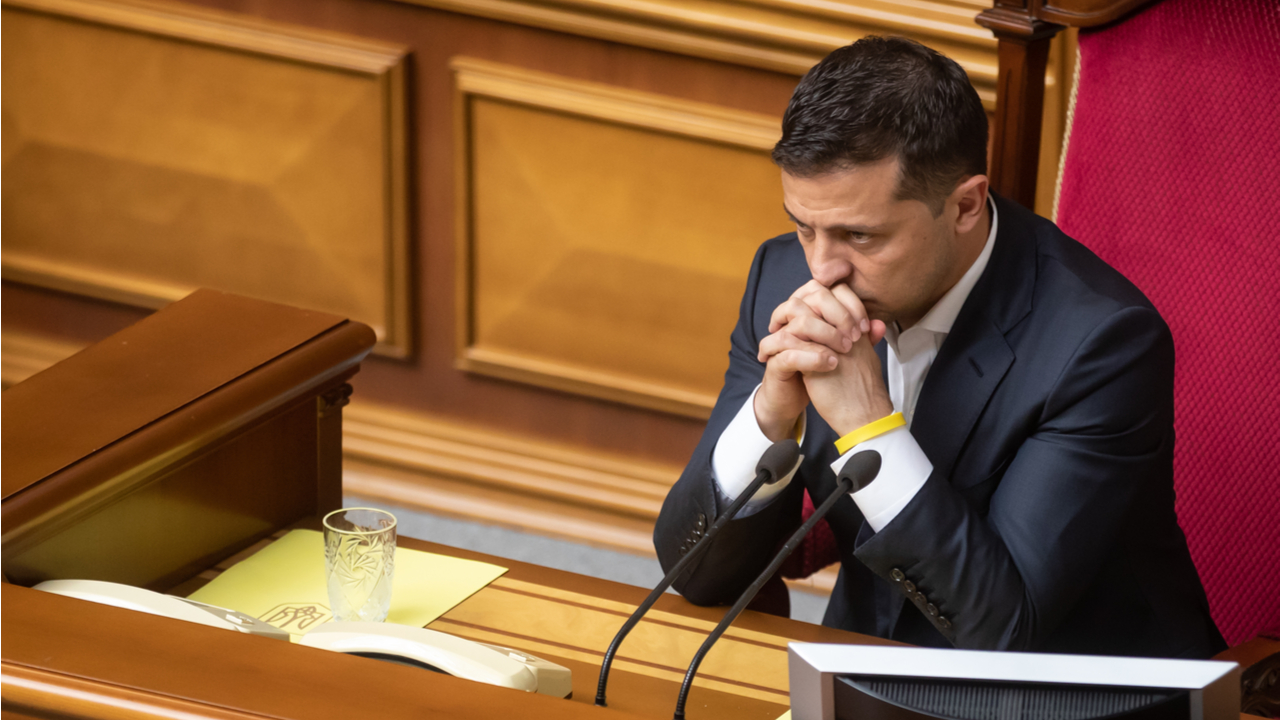The law “On Virtual Assets,” Ukraine’s attempt to regulate its growing crypto space, has been revised again and recommended for final adoption. A key parliamentary committee has given its support for the bill which was vetoed by the Ukrainian president this month.
Ukrainian Deputies to Vote on Updated ‘Virtual Assets’ Law in November
The saga with Ukraine’s long-awaited legislation regulating cryptocurrencies and related activities is heading towards its end. The Digital Transformation Committee at the Verkhovna Rada, the Ukrainian parliament, has discussed the amended draft law “On Virtual Assets” this week and supported the latest changes.
The law has been updated after it was returned to the legislature by President Volodymyr Zelensky earlier in October. The head of state motivated his decision mainly with the argument that the establishment of a new regulatory body for the crypto market, which was envisaged in the bill, would be too expensive for the state.

Zelensky proposed the National Securities and Stock Market Commission (NSSMC) to be tasked with the oversight instead. The NSSMC will also regulate virtual assets based on securities, and if they are backed by fiat currencies, the National Bank of Ukraine (NBU) will be the authority in charge.
The amended law will hit the floor in the Rada on Nov. 2 and will be considered during an extraordinary meeting of the parliament, the crypto news outlet Forklog reported. If lawmakers adopt it again, this time the president will be obliged to sign it into law within 10 days in accordance with the country’s constitution, the online publication noted.
Ukrainian deputies approved the initial version of the law “On Virtual Assets” on the second and final reading in early September. At the time, a number of changes had already been made to the draft after its first reading in December of last year. That revision came in response to criticism from various regulators, including the NBU and the NSSMC.
The legislation recognizes cryptocurrencies as intangible goods classified in two main categories, secured and unsecured. They were denied a legal tender status and will not be accepted as a means of payment for other goods or services. However, this would be possible through conversion to the national fiat currency by intermediaries.
Crypto service providers such as these will be required to abide by the country’s existing anti-money laundering rules, introduce identification and verification procedures and monitor financial transactions. Cryptocurrency exchanges will need authorization from the Ministry of Digital Transformation in order to operate legally in Ukraine, a leader in crypto adoption. Companies dealing with virtual assets will be able to open bank accounts and seek judicial protection.
Do you expect Ukrainian lawmakers to finally adopt the law “On Virtual Assets?” Let us know in the comments section below.
Image Credits: Shutterstock, Pixabay, Wiki Commons
Disclaimer: This article is for informational purposes only. It is not a direct offer or solicitation of an offer to buy or sell, or a recommendation or endorsement of any products, services, or companies. Bitcoin.com does not provide investment, tax, legal, or accounting advice. Neither the company nor the author is responsible, directly or indirectly, for any damage or loss caused or alleged to be caused by or in connection with the use of or reliance on any content, goods or services mentioned in this article.
Credit: Source link












































